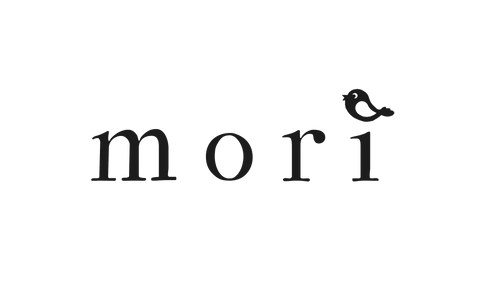With 13 hours ahead of me and increasing fear of claustrophobia, I swiped through tons of movie titles on the tiny airplane entertainment screen. Mona Lisa Smile caught my eye. Little did I know that it would be an appetizer to what I'd experience in the charming cities of Prague, Krakow and Budapest.
In Mona Lisa Smile, Katherine Watson is a recent UCLA graduate hired to teach art history at the prestigious all-female Wellesley College, set in 1953. The students at Wellesley are trained and expected to learn and study, but eventually have an obligation - to be a wife. On Katherine's first day of art history lesson, to her surprise, all her students knew the paintings she were going to show and talk about. They were "typical A-model students" - read in advance and followed the textbooks.
Later on, in another lesson, Katherine presented a painting of a rotting animal (Carcass, by Soutine, 1925) to the class. It was not in the syllabus. It then began a series of debate on whether the painting is even an art, as some called it grotesque - to which Katherine asked, "What is art? What makes it good or bad, and who decides?"
Although we now live in a modern society that values female's intellectual and economic contributions, a series of moments in the movie did jolt me to think about not being conformed to the pattern of this world, but be transformed by the renewing of the mind.
These are my 2 favourite moments:
About Vincent van Gogh
Katherine: He painted what he felt, not what he saw. People didn't understand, to them it seemed childlike and crude. It took years for them to recognize his actual technique. To see the way his brush strokes seemed to make the night sky move. Yet, he never sold a painting in his lifetime. This is his self-portrait. There's no camouflage, no romance. Honesty. Now, sixty years later, where is he?
Giselle : Famous.
Katherine : So famous, in fact, that everybody has a reproduction. There are post cards...
Connie : We have the calendar.
Katherine : There you go. With the ability to reproduce art, it is available to the masses. No one needs to own a van Gogh original, they can paint their own. Van Gogh in a box, ladies! The newest form of mass-distributed art; paint by numbers.
Connie : [reading from the box] "Now everyone can be van Gogh. It's so easy. Just follow the simple instructions and in minutes, you're on your way to being an artist."
Giselle : Van Gogh by numbers?
Katherine : Ironic, isn't it? Look at what we have done to the man who refused to conform his ideals to popular taste. Who refused to compromise his integrity. We have put him in a tiny box and asked you to copy him.
About Joan Withdrawing From Law Studies
Joan : Do you think I'll wake up one morning and regret not being a lawyer?
Katherine : Yes, I'm afraid that you will.
Joan : Not as much as I'd regret not having a family, not being there to raise them. I know exactly what I'm doing and it doesn't make me any less smart. This must seem terrible to you.
Katherine : I didn't say that.
Joan : Sure you did. You always do. You stand in class and tell us to look beyond the image, but you don't. To you a housewife is someone who sold her soul for a center hall colonial. She has no depth, no intellect, no interests. You're the one who said I could do anything I wanted. This is what I want.
Do you see it? It shocked me that it isn't even about being a male, or a female. We are often conformed to norms and patterns of the world - what society tells us, what others tell us. Katherine had lived by example, and compels us to see the world through new eyes.

With this broadening of perspective, we set foot on Prague, Krakow and Budapest.
Both Prague and Budapest are top favourites amongst tourists and we were blessed with a little of sunshine despite the cold and dark winter December month. Krakow was way much less touristy - we didn't even bump into another Asian while we were at Zakopane (mountainous area from Krakow)! What struck us was that in Prague and Budapest, people assume we are from China and some do not know of Singapore, giving us disdain look and treatment; Polish in Krakow on the other hand were super open and friendly to us, trying to understand more about where we come from and even exchange thoughts despite the language barrier.
While Google can be our best friend and we do enjoy museum trips to know more about local history and culture, nothing beats in-person conversation with a local. We learnt about communism, religion, politics and even cafe culture in Poland through our conversations with the locals there!
When we visited Auschwitz and Birkenau concentration camps in Krakow, waves of nausea swept over me as I hear and saw how national socialism (Nazism : subscribing to theories of racial hierarchy regarding Aryan or Nordic as master race / alternative to international socialism and free market capitalism) created horrors in history of mankind. The extermination of Jews whom were deemed as inferior race, was heart-wrenching. While Nazism is extreme, I cannot help but wonder about the different racial treatment differences that tread subtly beneath waters in the world today.
Before I point fingers, I must admit that I can also be a culprit of it. For example, it seems to me that I am more nervous presenting to say Americans and/or Europeans than say, Cambodians. Why? Have I been exposed to media and materials that imply Caucasians are superior or more intelligent while growing up, while I think that I am better than an average Cambodian?
In the NGO and social enterprise space, I also wonder about intentions and motives - are we helping because we empathise or are we doing it to make ourselves look good and feel more superior/useful to others?
I know I will not be perfect and how I feel and behave can also be shaped further by experiences - for example, the more I meet and interact with people from around the world, I learn and also feel more comfortable with the new interactions. However, being conscious of such bias and being open to debunking your own previous thoughts and impressions can really open up a whole new level of connection and perspective.
Not all who wander are aimless. Especially not those who seek truth beyond tradition, beyond definition, beyond the image.

Our world's 1st pursebooks which we brought along on this travel are handmade by urban poor mothers from The Philippines. mori champions purpose-driven life, revival of broken dreams and thriving in adversity. We hope to encourage self-reflection and expression of thoughts through the functional and inspirational products we create.


